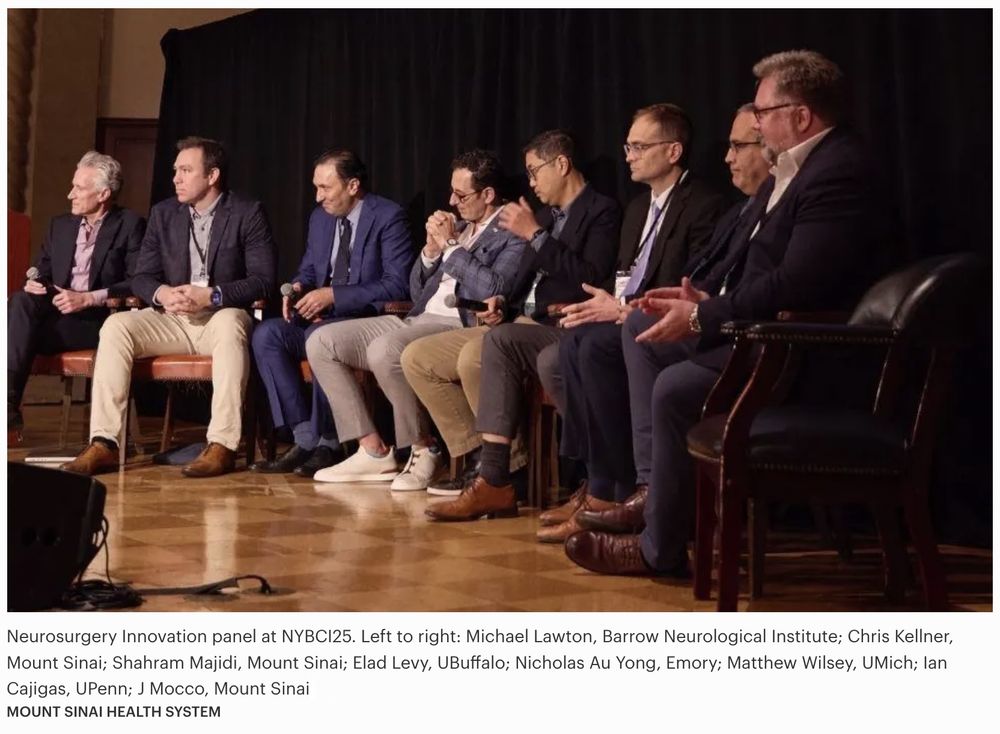










New work by @shawnrhoadsphd.com, @aa-marsh.bsky.social, @thepsychologist.bsky.social, @drjocutler.bsky.social, et al. in @natcomms.nature.com reveals shared neural computations for prosocial & antisocial learning
rdcu.be/eL8mZ

New work by @shawnrhoadsphd.com, @aa-marsh.bsky.social, @thepsychologist.bsky.social, @drjocutler.bsky.social, et al. in @natcomms.nature.com reveals shared neural computations for prosocial & antisocial learning
rdcu.be/eL8mZ
@shawnrhoadsphd.com Nature Communications 👉
nature.com/articles/s41...

@shawnrhoadsphd.com Nature Communications 👉
nature.com/articles/s41...
w/ @aa-marsh.bsky.social, @k-oconnell.com, Kathryn Berluti, & Lin Gan plus @thepsychologist.bsky.social & me @sdnl.bsky.social, @thechbh.bsky.social, @uob-sop.bsky.social
Shared computations underlie how we acquire actions that are mutually beneficial, instrumentally harmful (benefits self at the expense of others), altruistic (benefit others at the expense of self), or mutually costly
🧵 rdcu.be/eL8mZ

w/ @aa-marsh.bsky.social, @k-oconnell.com, Kathryn Berluti, & Lin Gan plus @thepsychologist.bsky.social & me @sdnl.bsky.social, @thechbh.bsky.social, @uob-sop.bsky.social
👉 nature.com/articles/s41...

👉 nature.com/articles/s41...
My key takeaway on cognitive BCI: Our biggest limiting factor isn't tech—it's fundamental scientific understanding.
We can’t advance the tech until we define the disorder. Basic research must lead the way!

My key takeaway on cognitive BCI: Our biggest limiting factor isn't tech—it's fundamental scientific understanding.
We can’t advance the tech until we define the disorder. Basic research must lead the way!


When: Monday, November 3, at 1pm EDT
RSVP here for Zoom👉 docs.google.com/forms/d/e/1F...
For more info: hermancappelen.net

When: Monday, November 3, at 1pm EDT
RSVP here for Zoom👉 docs.google.com/forms/d/e/1F...
For more info: hermancappelen.net

Shared computations underlie how we acquire actions that are mutually beneficial, instrumentally harmful (benefits self at the expense of others), altruistic (benefit others at the expense of self), or mutually costly
🧵 rdcu.be/eL8mZ

Shared computations underlie how we acquire actions that are mutually beneficial, instrumentally harmful (benefits self at the expense of others), altruistic (benefit others at the expense of self), or mutually costly
🧵 rdcu.be/eL8mZ
👉 form.jotform.com/252448781112...
More info: bit.ly/nycpw2025
Please share & RT!

👉 form.jotform.com/252448781112...
More info: bit.ly/nycpw2025
Please share & RT!

@lauraaberner.bsky.social @kiante.bsky.social

@lauraaberner.bsky.social @kiante.bsky.social
This award will support her work using neurofeedback and smartphone interventions to enhance self-regulation in bulimia nervosa.
Congratulations Dr. Berner! ✨

This award will support her work using neurofeedback and smartphone interventions to enhance self-regulation in bulimia nervosa.
Congratulations Dr. Berner! ✨
👉 sinclaboratory.com

👉 sinclaboratory.com
Apply by Oct 13: form.jotform.com/252448781112...
More info: bit.ly/nycpw2025
Please share & RT!

Apply by Oct 13: form.jotform.com/252448781112...
More info: bit.ly/nycpw2025
Please share & RT!

